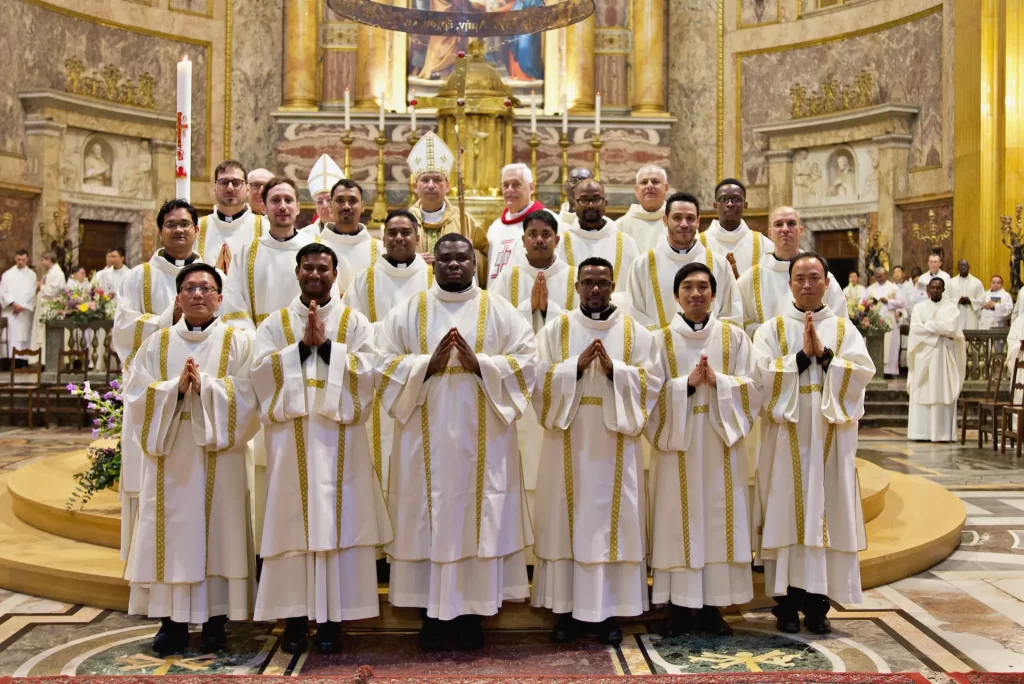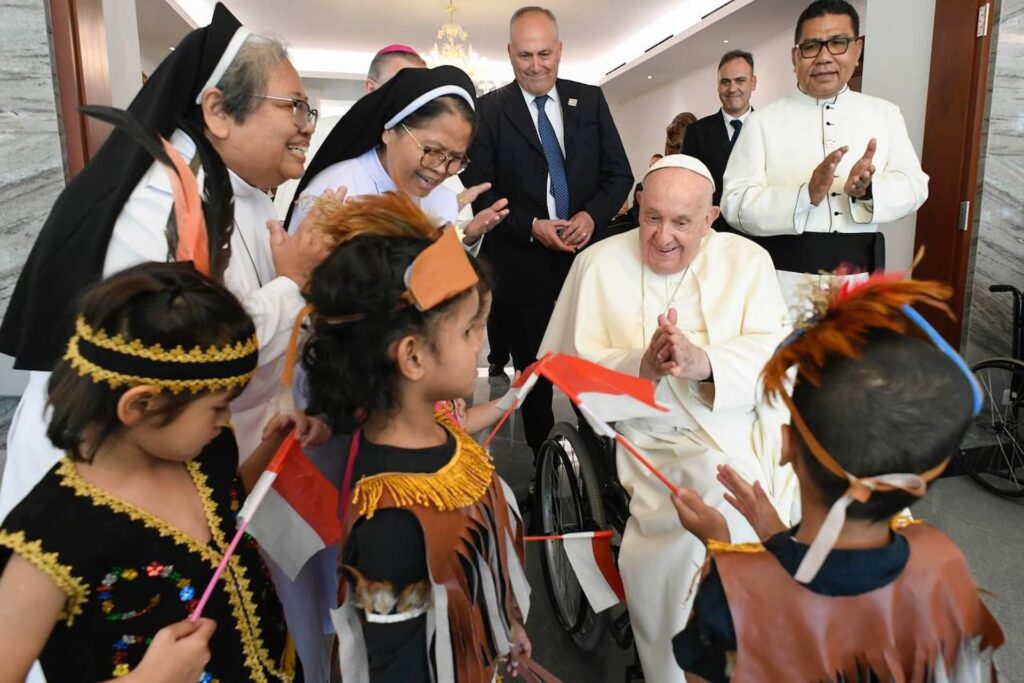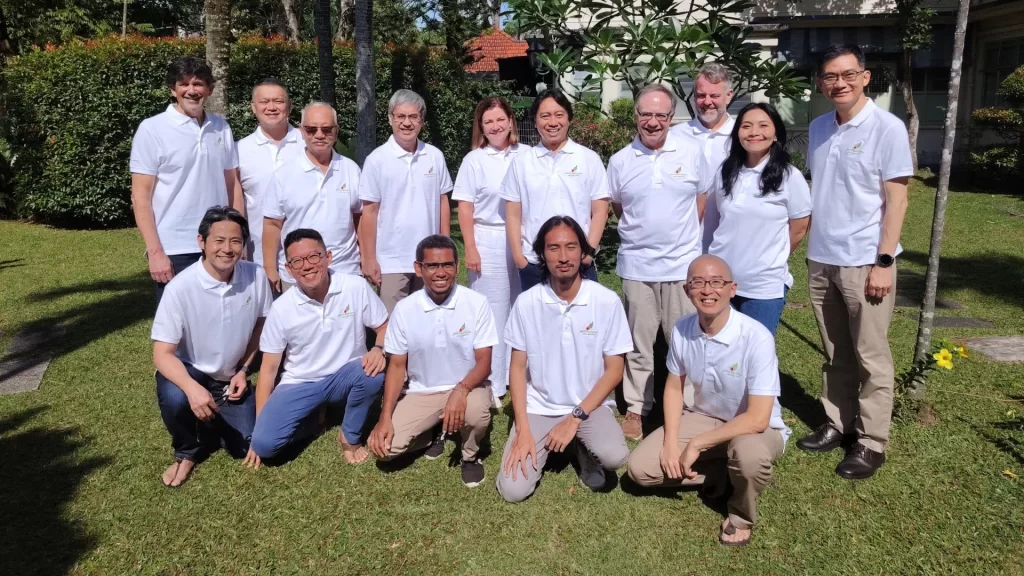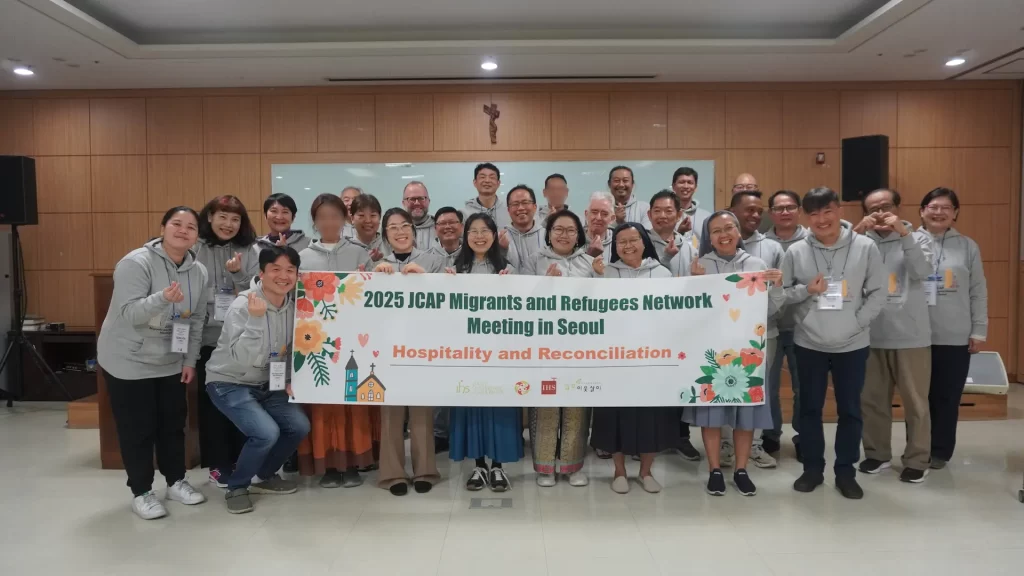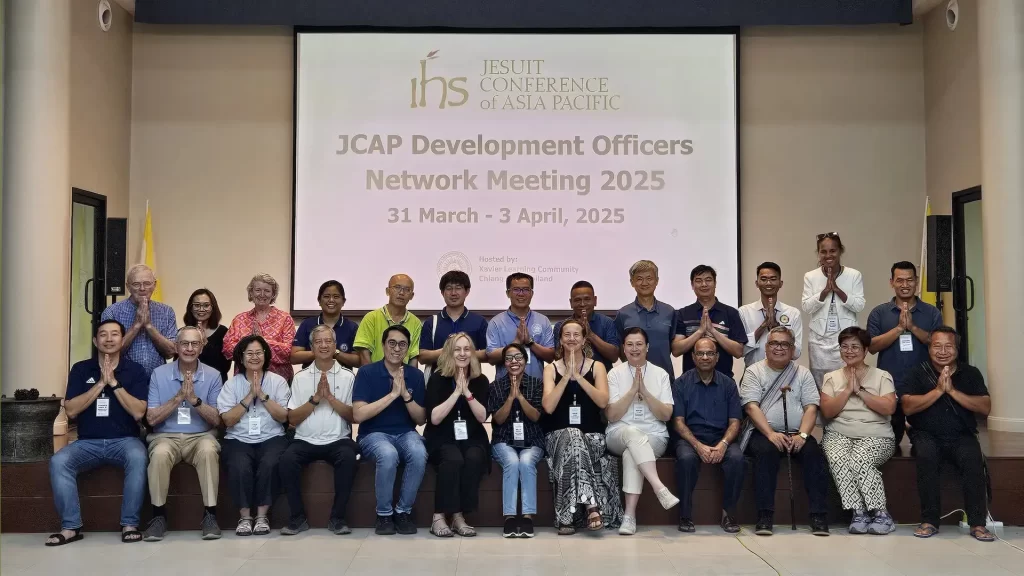
Given the pressing needs of our complex and fragile world, we long for signs of hope. Collaboration in mission is one of the graces given to us in this moment. Today, more than ever, our Jesuit mission must be a shared mission. Ignatius in his day gave shelter to the homeless, cared for prostitutes and set up homes for orphans, all the time seeking collaborators and with them organising and networking to continue these services and to advocate for right relationships. We seek to do the same in ways appropriate to our present context.
While our Jesuit community is shrinking, the challenges to humanity are increasing. Surely humanity faces terrible and complex challenges, given the widespread fundamentalism, intolerance, sickness, economic uncertainty, corruption and many conflicts. As the Son of God was sent into this world at the first Christmas, so are we sent to live with his life and to carry his message of peace to those we meet.
The mission of the Society has not changed from the beginning. Pope Julius III confirmed that mission in 1550 identifying three elements: ministries of the Word (education, lectures…); ministries that help people internalise the Word (Spiritual Exercises, spiritual conversation…); ministries of service (reconciling the estranged, service to prisoners, refugees…). Today we express that same mission as: “The mission of the Society of Jesus is to serve faith and to promote the justice of God’s Kingdom, in dialogue with cultures and religions.”
Jerome Nadal, the companion of Ignatius who was sent to explain to the early Jesuits the mind of Ignatius, gives a compelling description of the mission and ministries of the Society: “The Society cares for those persons who are totally neglected or inadequately attended to. This is the basic reason why the Society was founded; this is its power; this is what makes it distinctive in the Church.”
The Jesuit Conference of Asia Pacific is privileged to share its mission with many collaborators. They too hear the call of our Eternal King. They respond to a vocation. They strive to practice Ignatian ways of proceeding.
At the World Meeting of Popular Movements in Bolivia in July, Pope Francis made the point that the future of humanity is “fundamentally in the hands of peoples and in their ability to organize. It is in their hands, which can guide with humility and conviction this process of change.”
We look to our collaborators as they in turn look to us, so that together we can better understand God’s desires for our world and our complementary roles in the Church. We share expertise, skills, energy and resources. We join people of good will in the service of the human family and in labouring together for the coming of the Kingdom of God.
It is together, collaborating in mission, that we can more surely help one another to hear the call of our Eternal King and to answer it.
Fr Mark Raper SJ
President, Jesuit Conference of Asia Pacific
December 16, 2015
Photo caption: Stained glass panel in the Chapel of Colégio Mateus Ricci, Macau

